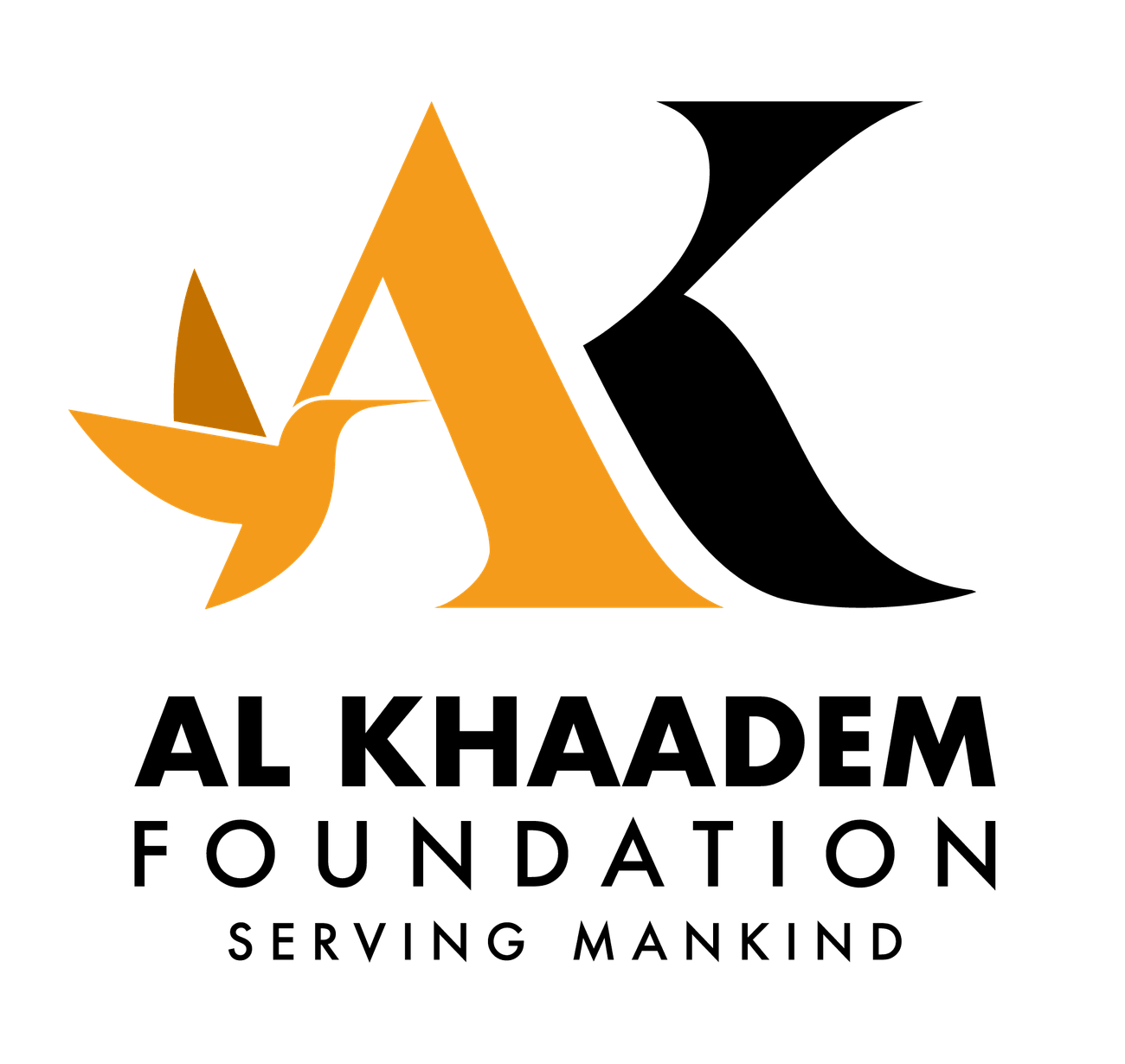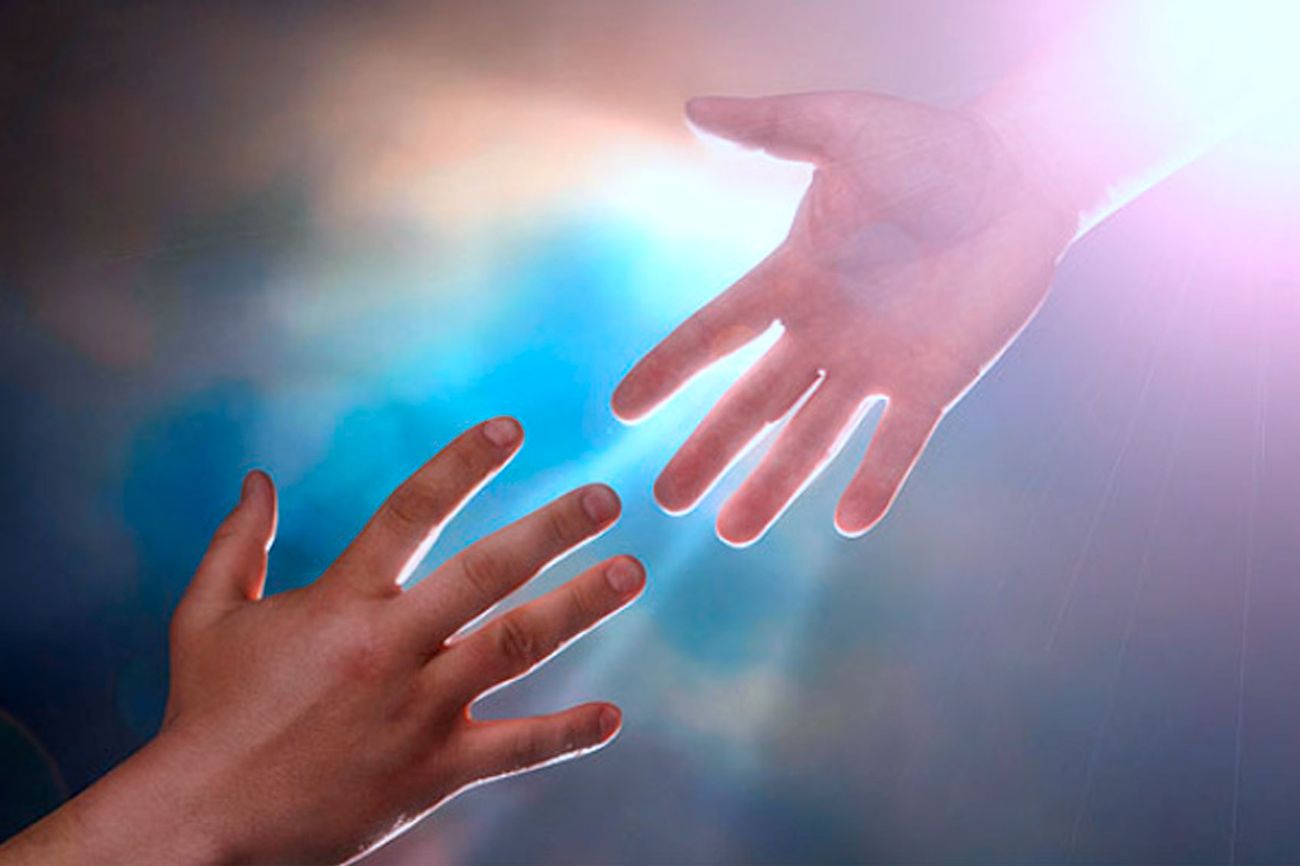All resources, programmes and activities have been developed to provide a complete understanding of Islam as a way of life, guided by the Qur’an and the Prophet’s (peace be upon him) way.

New Muslims Community (Old)
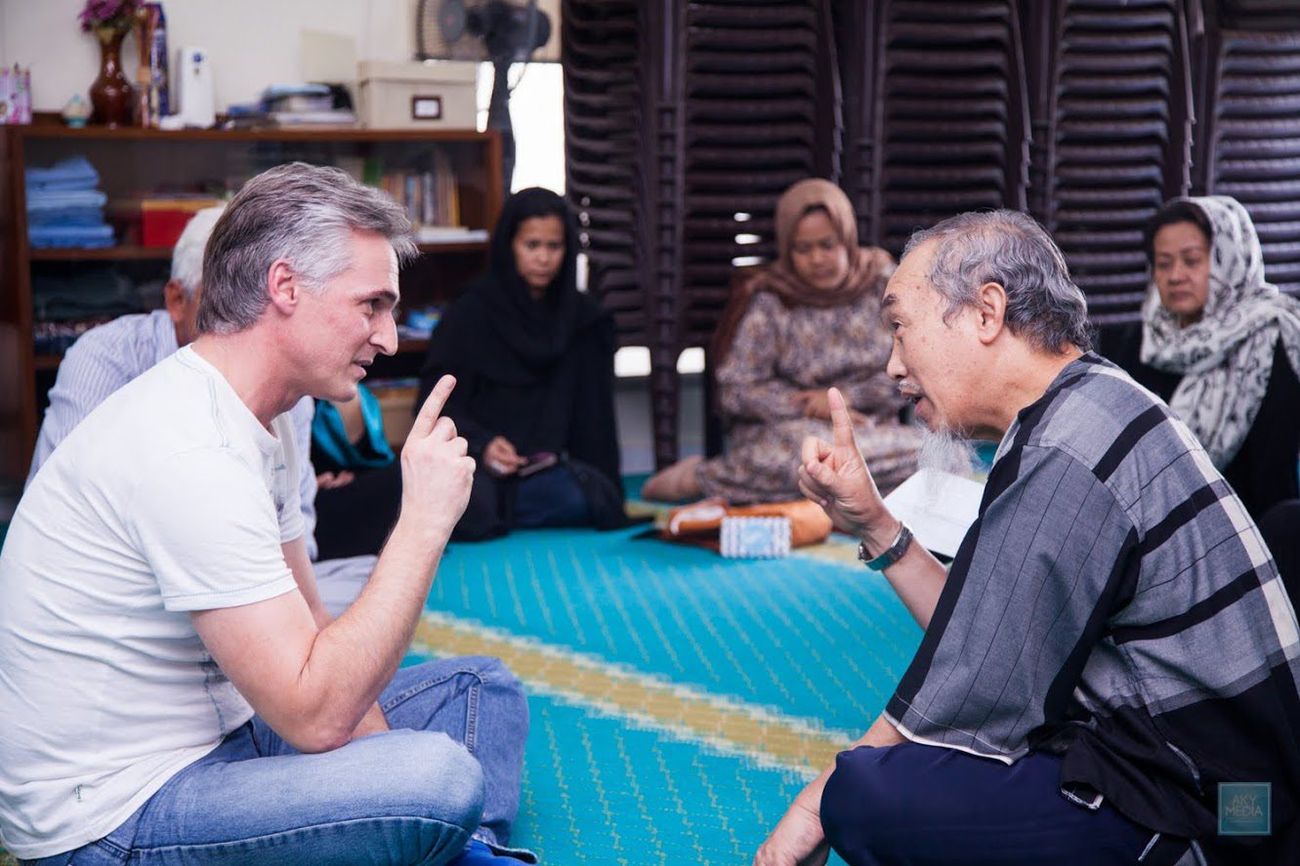

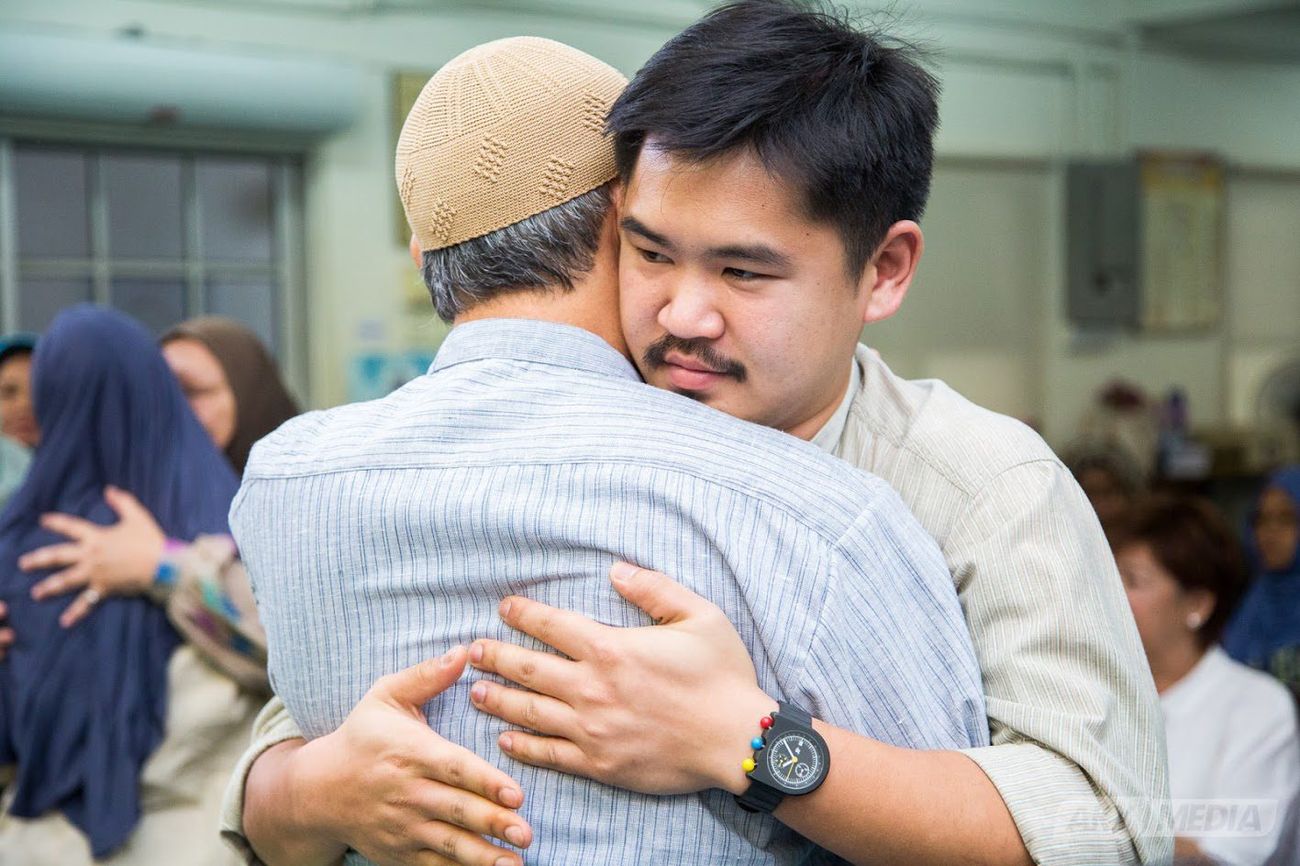
Curious about Islam? New to the faith? Those searching for answers, including new and born Muslims, will find clarity, counsel and enrichment here at Al Khaadem.
Regular Activities
Get to know Islam in a safe and welcoming space at Al Khaadem. Using a structured knowledge-based approach, our weekly Saturday class is developed for all levels. Dedicated volunteers (many of whom are reverts themselves) provide informal learning and support in an empathetic environment. Beyond classes, we engage with the community to help new Muslims integrate into their new life through speciality workshops, counsel, gatherings, family dialogues and much more. Get in touch with us if you have any questions.
Reversions
Once you’ve chosen Islam as the right path for you, the next step is to make your declaration of faith. The choice of many new Muslims and not-yet-Muslims, Al Khaadem is a JAWI-recognised reversion centre that has handled thousands of reversions.
For those who are new to the Faith or simply curious about what Islam is. This Class covers the foundations of Islam such as the Testimony of Faith, the Pillars of Islam, the Articles of Faith, the Qur’an, Prophets and much more. Get Up close and personal with Sheikh Hussain Yee and Adam Voo in an exclusive interactive discussion on Islam’s basics.
This Series provides a more detailed, in depth-look at Islam, with some requirements of background knowledge from Level 1. This Class is equally rewarding for Born-Muslims that would like to have a better understanding of Islam Inshaa’Allah. Taught by Ustaz Shareef El-Arbi
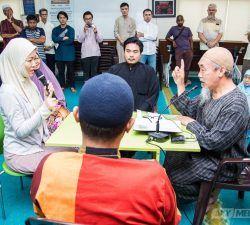
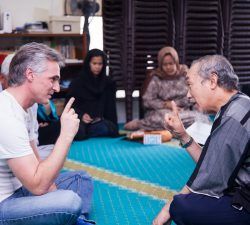


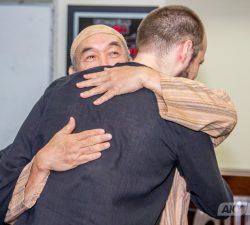
Frequently Asked Questions
INTRODUCTION
What is religion?
Religion is about the dos and the don’ts. Nobody can say they want to free themselves from rules. There are rules that guide every aspect of our lives – at work, at school, as a citizen or visitor to a country.
The difference is whether these rules are man-made or Divine. Man-made rules can change as humans are not perfect. Divine laws remain unchanged and unaltered: one law for all, an no one is above the law.
As Muslims, we believe that Islam is the true guidance and a Divine law; not a man-made law.
What is Islam?
Islam guides everyone to attain peace and harmony in this World and the next. God the Almighty who created every one of us left us with clear guidance on how to attain a fulfilled life.
Every aspect of the Muslim life has been detailed, both in the Qur’an, and by the examples of the Prophet Muhammad (peace and blessings be upon him), the last Messenger of Allah.
From what to do when we are born to how to organise the deceased, and every facet of our lives in between – how we treat our family/neighbours/the environment, how we do business, how we eat/drink/ dress, hygiene etiquette, how to handle the poor, how to talk to the elders, ways to bring up children – these are all explained in detail that leaves nothing unclear. Hence, Islam is a complete way of life.
What’s the difference between the word “Islam” and “Muslim“?
Islam is the name of a religion. Muslims are the followers of Islam.
Does becoming a Muslim mean I am a Malay/Arab?
Islam is a religion. A Malay or Arab is a race.
Islam does not belong to any race. Islam is for all mankind.
If you are a Chinese, you remain a Chinese after shahadah. Islam does not change a person’s race. Only you have chosen Islam as your belief.
What does Islam teach?
Islam teaches a person to live guided by the Divine laws. The basic teachings of Islam are the 5 Pillars of Islam, 6 Articles of Faith and 1 Pillar of Ehsan.
Islam vs Muslim vs Tradition vs Race: is there a difference?
Islam is here to unite everyone. It belongs to Allah; not to a particular race. No one particular Muslim people, nationality or race is superior over the other.
We are here to follow Islam and not have Islam follow us. Example, we may have our own cultural ways of eating, dressing, celebrations. Any tradition that does not contradict with the Islamic principle, the practice is permissible.
It is important to understand these three fundamental differences. Most importantly is that one is a practising Muslim, not just a Muslim by tradition or name only.
SHAHADAH
How does one become a Muslim?
One becomes a Muslim by declaring the testimony of faith (the shahadah):
Ash hadu al laa ilaaha illaAllah (I bear witness that there is no God except Allah)
Wa ash hadu anna Muhammaddar Rasulullah (And I bear witness that Muhammad is the Messenger of Allah).
Where can I do my shahadah?
Al-Khaadem is a JAWI-appointed shahadah centre. But you can also go to any religious office (in Malaysia) to make the declaration of faith.
Why is it a “reversion” and not a “conversion”?
Islam believes we were all born with an innate sense of submission to God (fitrah). Parents may raise us in a particular belief, and so embracing Islam is seen as a “return” to that innate faith we were born with. Hence the word “revert”.
What is the reversion process?
It is important for anyone wanting to embrace Islam to have basic knowledge about this religion before committing themselves. This is because there is no compulsion in religion. Once a person makes the commitment to become a Muslim, she/he will live and die as a Muslim, and there is no turning back.
Must I adopt a Muslim name?
It is highly recommended for you to choose a Muslim name that has a good meaning and one that can strengthen your Muslim identity.
What proof do I get after my reversion?
You may put in an application with the relevant state religious office for a Muslim card.
What is the process to get married after reversion?
All information on the marriage (nikah) process is available online at www.sppim.gov.my
Where can I learn more about Islam after I revert?
Al-Khaadem’s New Muslims Community offers assistance in learning through weekly programmes, one-on-one tutorials, and a mentor-buddy system. Get in touch with us to know more.
Where can I learn about marriage in Islam as a revert?
Alhamdulillah, Al-Khaadem conducts marriage workshops that address topics related to the revert. This includes marriage (nikah) etiquette, relations with born Muslim in-laws and non-Muslim parents, culture/tradition versus Islam, and more.
LIFE AS A MUSLIM
Do I have to circumcise?
Islam is a faith that stresses on hygiene and cleanliness. Circumcision is compulsory for the male and it is recommended for the female.
Do I have to wear the hijab?
As Muslims, we should be proud to dress Islamically and follow the Islamic values. Hijab concerns not only how we dress, but how we look and interact in society. In simple terms, it means “covering” and the idea is to practice humility and modesty.
Dressing modestly applies to both male and female. The idea of modesty is not new. It has been the way of life since the time of the early Prophets, eg. Abraham, Moses and Jesus.
For the male, being modest means covering the aurat (modesty) from the navel down to the knees. For the female, the whole body is considered aurat, except for the two hands and the face.
In short, one should dress simply, modestly, with dignity – without drawing attention to the shape, silhouette of the body, or attracting other’s attention to our physical attire.
Can I still wear my traditional clothes?
We can dress in any traditional attire as long as the clothes cover the aurat. And this applies to both men and women.
What is halal?
Halal means “permissible”. It covers not only food and drinks, but denotes halal speech, halal actions, halal dressing, halal transactions, halal business, and many other aspects of the Muslim life.
Why is pork impermissible for Muslims to consume?
The Almighty who created us know what is good and bad for His creation.
Eating the flesh of swine has been made impermissible (haram) to all of His creations, from the time of Abraham to Moses and Jesus – not just during the followers of Prophet Muhammad (peace be upon him).
Do I need a separate set of utensils and cookware when eating at a non-Muslim's house?
The Prophet (PBUH) has reminded us to be particular with our food. If you are aware of cross-contaminated utensils, it is best to avoid it.
We believe that when we are known as a practising Muslim – and we strengthen this identity by the way we talk, behave and dress, our rights will be honoured by others.
What can I do when my non-Muslim parents pass away?
Our presence during these difficult times is even more important as to show that we honour family bonds. We can still be a part of the gathering as long as we excuse ourselves from participating in any religious aspects of the ritual.
What can my non-Muslim parents do when I pass away?
There is no harm for parents, relatives and friends who are yet to be Muslims to be present during this time. When we die as a Muslim, the Muslim community (ummah) will automatically organise a Muslim burial following the Islamic principles. This communal spirit is what makes Islam so beautiful and your family will not feel the burden to go at it alone.
What is the position of women in Islam?
Women and men are seen as equal in Islam. For example, both get rewarded equally for their deeds as stated in the Qur’an (Surah An-Nisa, verse 124), meaning: “If any do deeds of righteousness be they male or female and have faith, they will enter Heaven, and not the least injustice will be done to them.”
Islam provides the same Seven Basic Human Rights to women: the right to live, to work, to be paid, to own property, receive an education, to choose and to be honoured and respected. These rights were given over 1,400 years ago, showing that Islam honours everyone’s rights.
